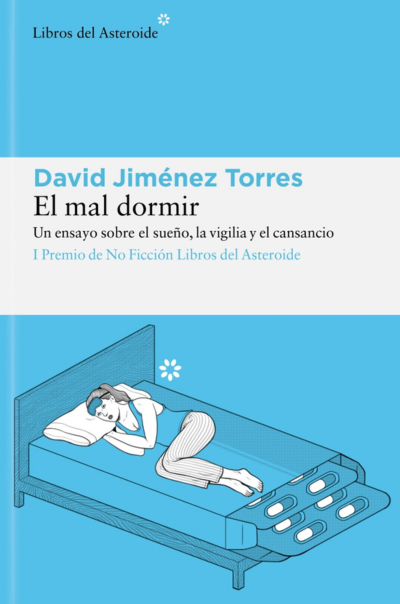International tourism is one of the top strategic sectors across the world, which amounts to over 20 percent of all jobs created since 2013. It currently supports one in ten jobs worldwide (330 million) and generates over 10 percent of global GDP. However, this will all change drastically in light of the coronavirus. It already has. Given the nature of this economic sector, mainly characterised by international border crossing plus being a leisure activity, it will be severely hit by Covid-19, as the World Tourism Organisation has already estimated. As a matter of fact, its initial predictions of a decline in international tourist arrivals by 20% to 30% in 2020 could be worsened as the virus rapidly spreads and the death toll increases.
The strike on global tourism is all the more relevant given the dependence of a great number of countries on this economic sector. And far from being a regional phenomenon, it will be truly global. Let us not only think of the Asia-Pacific region or Mediterranean countries. Many others will have to cope with this crisis and will suffer its consequences. A less noticed region is Sub-Saharan Africa, where the IMF predicts that its GDP will contract by 1.6 percent this year, especially because of some countries’ dependence on tourism.
Nevertheless, this dependence is more intense elsewhere. That is particularly the case of Spain, which received over 83 million international tourists in 2019, only behind France as the world’s most visited country. But beyond absolute data, the Spanish economy is extremely dependent on tourism, as reflected by the fact that tourism contribution to the GDP is 12.3 percent and creates over 12.7 percent of all jobs. In short, tourism and, in particular, international tourism, is the greatest strategic sector of Spain. It has been its golden egg goose for quite some time now, but all seems to indicate that this is now over, and the goose is nowhere to be seen. Killed in action, some say. Missed in action, others state. Whatever its temporary or permanent status, something should be done by Spanish authorities to protect, or rather foster, this economic sector. And timing is as pressing as accuracy at this stage.
According to the International Monetary Fund, the Spanish deficit will be 9.5 percent, its public debt will be over 114 percent and unemployment will reach 20 percent this year. Regarding international tourism, the coronavirus crisis has already swallowed up Easter, one of the key periods for international tourists to arrive to the Spanish shores. Between March and the end of September last year, 58.5 million foreign tourists arrived in Spain, spending 64.5 billion euros, according to the Spanish Statistics Institute. And this is all lost, as an example of a phenomenon that, as indicated above, affects tourism worldwide.
According to the Bank of Spain, the balance of international tourism in 2019 (difference between the expenditure of foreign visitors and the disbursements of Spaniards on trips abroad) was more than 46,000 million euros plus all other wealth that tourism generates indirectly, with a very powerful drag effect.
When studying economics, hardly anyone states that public policies are, more often than not, based on ideological postulates. Few professors and even fewer books point that out yet free market ideals fight Keynesianism all the way through every textbook. And this is but one example of how rival ideas strive to become policy. That being said, in light of these extraordinarily harsh circumstances for the economy and, in particular, global tourism, it would be time to put ideology aside and look for pragmatism, especially in those economies particularly dependent on tourism.
However, if we take a look at economic history and empirical evidence, one realises that there are some ideas that produce better results than others and thus philosophical postulates still matter. And this is the reason why we must avoid falling into the protectionism and interventionist trap and incentivise international tourism through policies which are aligned with freedom, as these are those which bring greater prosperity. There is too much at stake and no country can afford to fool around on this.






